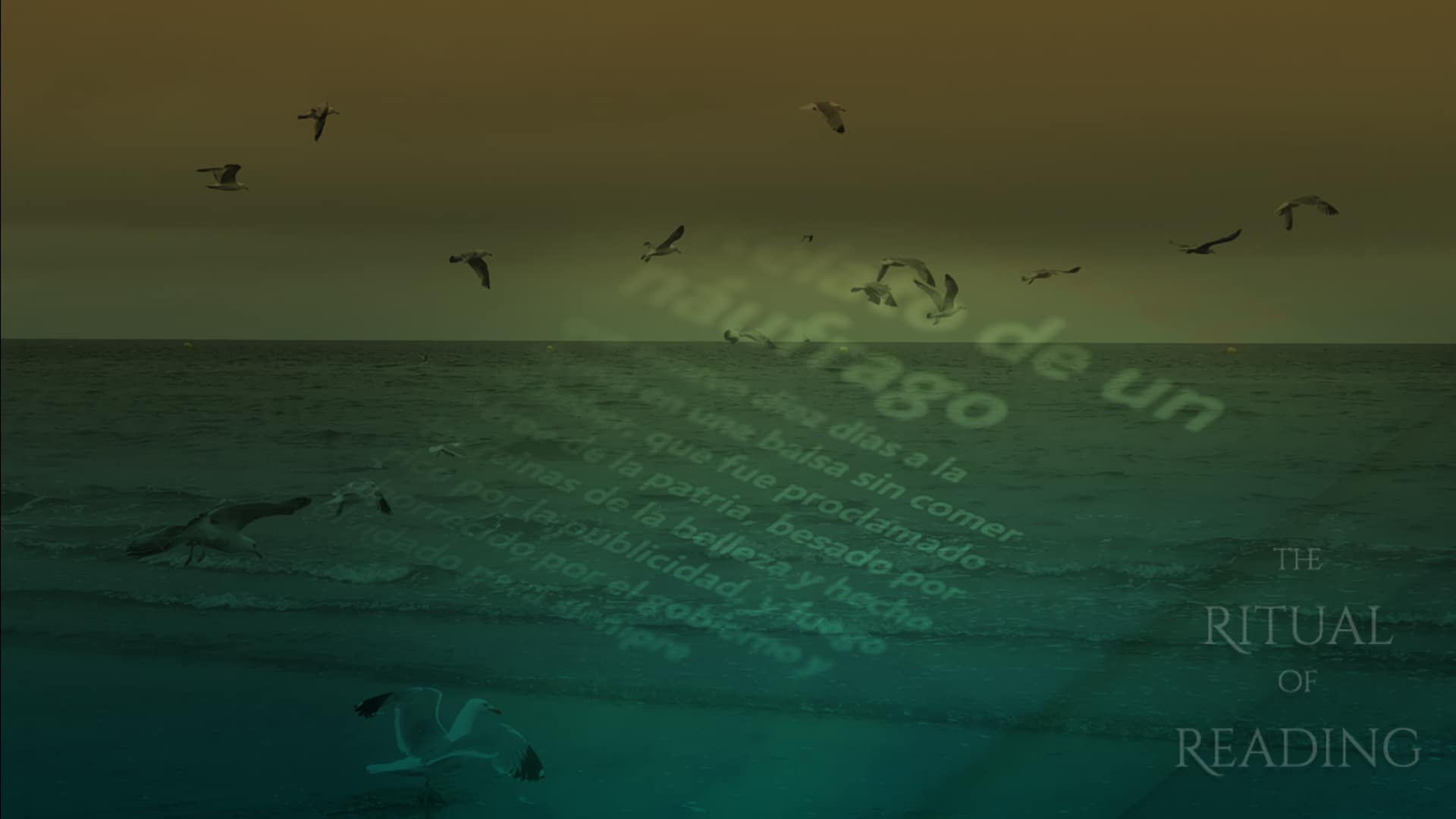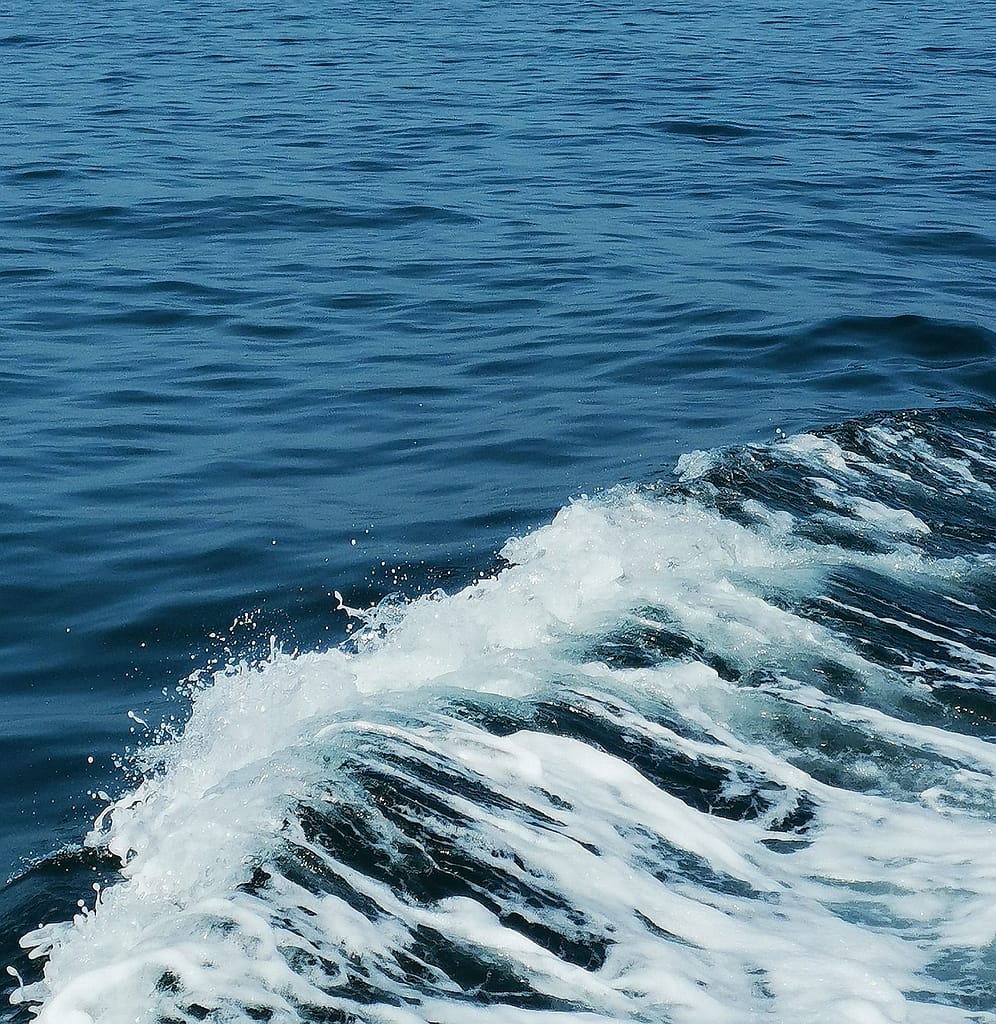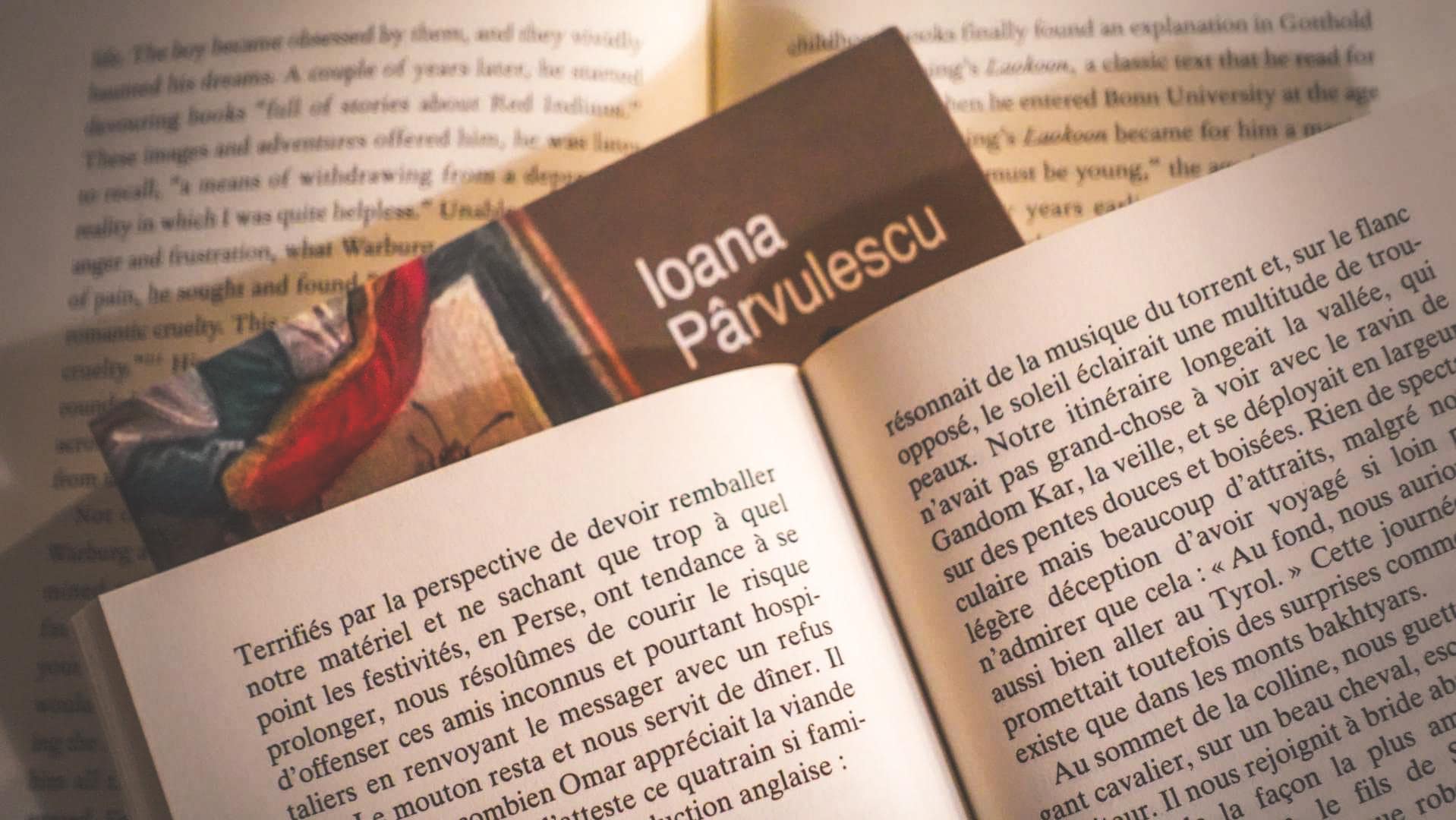The first novel I ever read in Spanish was his. El amor en los tiempos des colera. It was before I even took a Spanish class and the fact that I understood what I was reading, as if by a miracle, decided my fate. As much as I love his novels, today I am bringing to you one of his lesser known writings, a non-fiction book based on a true event and the interviews that Gabriel García Márquez conducted as a journalist. An intense story, best described by its full original title :
The story in one phrase : The Story of a Shipwrecked Sailor: Who Drifted on a Liferaft for Ten Days Without Food or Water, Was Proclaimed a National Hero, Kissed by Beauty Queens, Made Rich Through Publicity, and Then Spurned by the Government and Forgotten for All Time.
How does it make me feel : It starts with anxiety. Fear of the unknown, real danger, and my old insecurities of not being a good swimmer. But I keep going, page after page, and somehow, I start to embrace the adversity. The water keeps me afloat, my thoughts calm down, and I begin noticing the signs around me. This book makes me long for loneliness at sea…
Top 3 details
A storytelling masterclass. The facts were simple. He went overboard, he drifted for ten days, he reached land. And yet, without embellishing the facts, Gabriel García Márquez tells a thrilling story. The choice of writing it in the first person, taking us right there on the liferaft with him, the narration of the ten days, each one with its own set of drama, and the simple words to describe the emotions of a man not used to talk feelings : these are only a few elements that make up a wonderfully constructed story.
Balance. When to fight and when to let go ? Is letting go a mistake ? Are you giving up on life ? These questions keep turning as an undertone of the storyline. Balance between action and reflection seems to be the key to survival. If you look at this man’s story from a distance, it speaks not only of his drama and endurance, but of human nature, of life lessons worth considering before getting into trouble, and of choices in borderline conditions.
Waking up the senses. It’s fascinating how you can start salivating when someone describes cuting a lemon in two. The same thing happens while reading this adventure, as you find yourself thirsty and willing to drink some salty water even though you know you shouldn’t, you’re burning up in the midday sun, you’re shivering in the pitch dark night, you hear the water against your raft, you hear the lonely seagulls cry. You are there !
Yin/Yang : It is a story of resilience and strenght, both physical and mental. A book that takes you through strong emotions, and ultimately inspires you to keep going, as the answers are always there. For me, it has a Yang energy, motivating and inspiring.
Favourite Quote : The shark’s presence diverted me from my intentions; discouraged, I lay down at the side of the raft. But after a few moments I was filled with glee; seven sea gulls flew over the raft. To a hungry sailor alone at sea, gulls are a message of hope. Ordinarily, a flock of sea gulls will accompany a ship out of port, but only up to the second day of the voyage. Seven sea gulls over the raft meant land was nearby. If I had had the strength, I would have started to row. But I was too weak. I could barely stay on my feet for a few seconds at a time. Convinced that I was less than two days from land, I drank a little more sea water from the palm of my hand and again lay down at the side of the raft, face upward so the sun wouldn’t burn my lungs. I didn’t cover my face with my shirt because I wanted to go on looking at the sea gulls, which were flying slowly, swooping down at an acute angle to the sea. It was one o’clock in the afternoon on the fifth day.
Life Lesson : Even though the sailor is not presented as a philosopher, his adventure comprises many lessons. The one I choose is befriending your thoughts. I so often hear people say they want to escape their obsessive thoughts but cannot do it. And if they aren’t obsessive, then making them stop for a change would be ideal. While I do agree with the idea that we are not our thoughts, I also believe that the thinking mind and the consciousness of having these thoughts are not always a bad thing. Maybe the possibility of being stranded at sea for 10 days is not likely, but we do live similar situations in our every day life. The time spent on buses and trains, being stuck in traffic, waiting in line for something, we often get confrunted with our thoughts. And even if nowadays we take refuge in our smartphones, there are times when real solitude is the only way. Having the ability to turn your attention to positive or constructive thoughts, rather than anxiety and anger, is one of the most precious skills I know. So next time you are in a traffic jam, think of our sailor and ask yourself how would you pass time, alone, at sea, for 10 days ?
Why you should read it : It’s real, it’s intense, and you can almoast smell the sea. Gabriel García Márquez said “It is my favourite book, and the first one I ever wrote !” And for a first, it is spectacular. You can sense the storyteller preparing himself for history !
A short yet intense book, that transports and moves you along with the waves. Enjoy my review in a cinematic video :
The Ritual
The horizon may look the same, but there are no two shores alike. And even though I have not met the Carribean of Gabriel García Márquez and his shipwrecked sailor, the story transports me to a sea I know. Of smells, of tastes and oh so lovely sounds, a sea of freedom that breathes with every wave that comes to shore.
An absence of sound pollution, more than silence, the book invites us to experience the sea in simple details. A moment of meditation…
Perfume : L’artisan parfumeur, Un air de Bretagne.
I am alone in the middle of the sea. What do I smell ? It must be salt at first, I’m covered in salt, my nostrels have been overwhelmed by the sea water, and the tiny crystals are forming right where I can smell them. Then comes the seaweed, a fresh and balanced smell of chlorophyle and fish, organic and mineral at the same time. And then the oxygen, the most invigorating feeling, binding all the smells together, giving me hope of a closeby shore. L’Artisan Parfumeur has captured all of this in their creation, Un air de Bretagne, and given it a touch of nobility, with a drop of cypress and a subtle hint of amber. They describe it quite lovely so I’ll give myself permission to quote them : Fascinated by the wild Brittany coast, the perfumer Juliette Karagueuzoglou wanted to capture its iodized oxygen in a bottle.To delicately evoke the sea sprays, she first composed a marine accord imagined as a salt vapour. A canevas on which she overlayed the absolute of seaweed and the absolute of cypress, which balance the tempestuous heart of the fragrance and also bring a touch of green that evokes Britanny.On the skin, the breeze gives way to an addictive softness… The storm outside progressively becomes a comforting murmur.
Oysters
No other product of the sea has the power to transport me like the oyster does. And I am fortunate enough to live in a country that prides itself on exceptional oyster farming. This time, I am tasting some Marennes Oléron, in their variety Fine de Claire. They come from the Charente Maritime region in France, where they start out their life in the Atlantic Ocean. When they get to maturity, they are transfered for several weeks into the Claires, shallow water ponds with an impermeable clay bottom. Here, they perfect their taste, and leave behind the wild ocean character, in order to refine a more delicate aroma. It is during this process that the claires of the Marennes Oléron basin impart the subtleties of regional flavours. A less fleshy oyster, rich in water and balanced in flavour.
Pouilly Fumé
And what could be better to accompany these marvels of nature, than a nice Pouilly Fumé. A dry white wine made from Sauvignon Blanc grapes, it is one of the Loire Valley’s most revered wines. Between the soil made of limestone and flint that have excellent heat-retention and light reflecting properties, and the cool climate of the Pouilly-sur-Loire village, the Sauvignon Blanc develops mineral aromas complimented by streaks of green fruit. These fresh notes take our oysters to the next level, and bring together a moment of travel and discoveries for the palate.
Gabriel García Márquez’s novels are always a journey. But if you take the time to listen to your inner compass, the novel becomes the pretense for an extraordinary moment. The sea as a friend and as an enemy, like everything in life, made out of light and darkness, balanced in its wild appearance. I hope you have enjoyed this maritime break, maybe to bring back memories or to prepare you for the season to come.
Until next time, enjoy your reading, and your rituals !
Shopping List
If you would like to support The Ritual of Reading, please consider purchasing your books from the Bookshop.org dedicated site by clicking the link below. You get to support local bookstores and I make a small commission with every purchase. Thank you !






